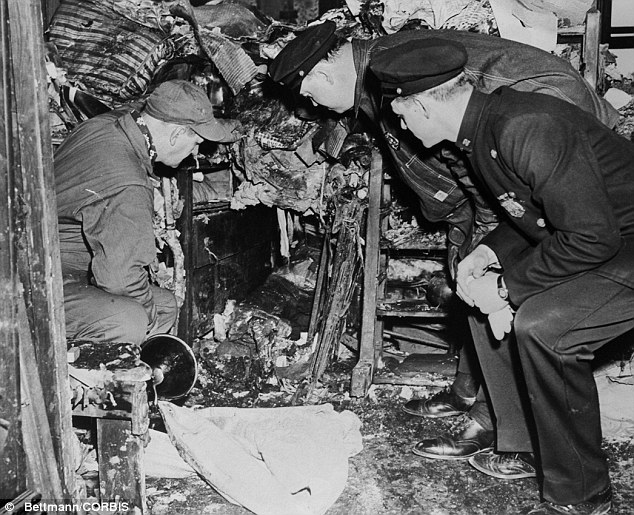Liz,
First, you don't own books...they own you. Get rid of the damned things! (And we need to get rid if Diana's shoe collection, I guess.)
Then, my situation is not an ungodly accumulation of stuff with questionable value, such as Mr. Sue's too many Civil War books. All he (and you?) can do with boxes of books is trip over them. The other day, he said he'd donate his to a library. I rudely explained tbat the library did not want his old books...tbe "Friends of tbe Library" might accept a donation and then try to sell them for 50¢ each. He looked hurt. But that's the truth.
For my part, I am emotionally involved with the bedroom furniture my grandmother bought in 1929, but who needs a double bed? And the Mid-Century Modern bedroom stuff my mom bought in 1959. And the maple bedroom furniture my mom bought with our "Indian Money," also mid-century. But I really don't need that many bedrooms. My sister doesn't want it. Her daughter is babysittng the maple stuff, but doesn't really need it. I also have my grandparents' dining room furniture, also circa 1929...which means that I have to buy a house with a damned dining room...even though we seldom "dine." (I think we have used that table twice in the past year, nce with my kid, once with Kirmy.)
My problem is not hoarding per se , it is buying a new Cuisinart coffee maker on sale when nothng is wrong with the current one, and then deciding I really wanted a Keurig. Great. Now I have three coffee makers. That weren't cheap. And they work. I have trouble finding homes fir the extras.
But...hoarding...I believe I have read that those who were deprived, as in the Great Depression, tend to blame the deprivation...but there are so many people of great wealth that have the same problem, the "I did without, back in the day," is often thought of as just an excuse.
The most famous documented case from a ways back are the Collyer Brothers.
http://en.wikipedia.org/wiki/Collyer_brothers
Short version:
Yet no one could have known that they'd also been amassing 140 tons of trash. And in that heap the body of Homer was first found, dead from starvation. His brother Langley, however, was nowhere to be found. Police even went to Atlantic City to look for him, only to find that he had been buried in a mound of paper not ten feet from Homer. He'd been attempting to bring Homer, who was blind, his food, which consisted of over 100 oranges each week to attempt to bring back his sight. Yet Langley had set ****y traps all over the house to keep out intruders and accidentally triggered a tripwire, crushing himself beneath a cascade of paper.
In addition to the two brothers, the following items were removed from the house: the jawbone of a horse, hundreds of yards of fabric, tens of thousands of books, human organs pickled in jars, the top of a horse-drawn carriage, 14 pianos, chandeliers, five violins, dressmaking dummies, paintings, statues, bowling balls, bicycles, guns, cameras, musical instruments, baby carriages, and all the newspapers since Homer had lost his sight in the hopes he would someday read them. There were also eight cats prowling around, and an infestation of rats.





